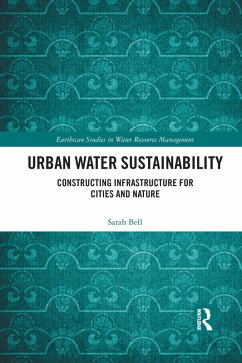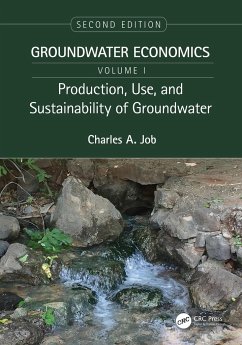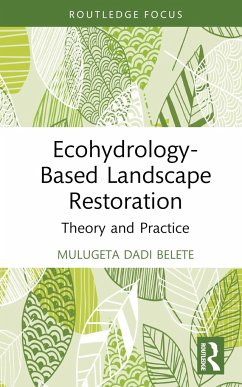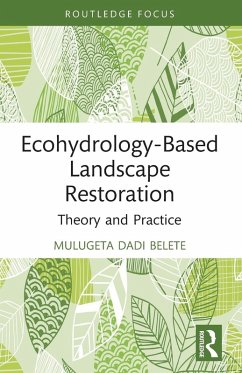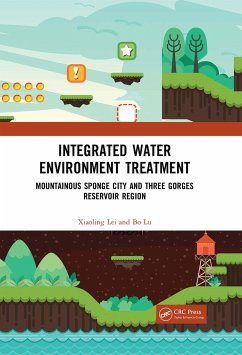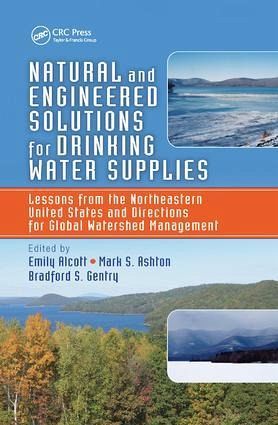
Natural and Engineered Solutions for Drinking Water Supplies
Lessons from the Northeastern United States and Directions for Global Watershed Management
Herausgeber: Gentry, Bradford S; Ashton, Mark S; Alcott, Emily
Versandkostenfrei!
Versandfertig in 2-4 Wochen
95,99 €
inkl. MwSt.

PAYBACK Punkte
48 °P sammeln!
Illuminating opportunities to develop a more integrated approach to municipal water system design, this volume explores critical factors in the decision-making processes for municipal water system delivery. The book evaluates how six cities in the northeastern United States have made environmental, economic, and social decisions and adopted programs to protect and manage upland forests to produce clean drinking water. Lessons learned from this insightful study provide effective recommendations for managers and policymakers that reflect the scientific realities of how forests and engineering ca...
Illuminating opportunities to develop a more integrated approach to municipal water system design, this volume explores critical factors in the decision-making processes for municipal water system delivery. The book evaluates how six cities in the northeastern United States have made environmental, economic, and social decisions and adopted programs to protect and manage upland forests to produce clean drinking water. Lessons learned from this insightful study provide effective recommendations for managers and policymakers that reflect the scientific realities of how forests and engineering can be best integrated into effective watershed management programs.





